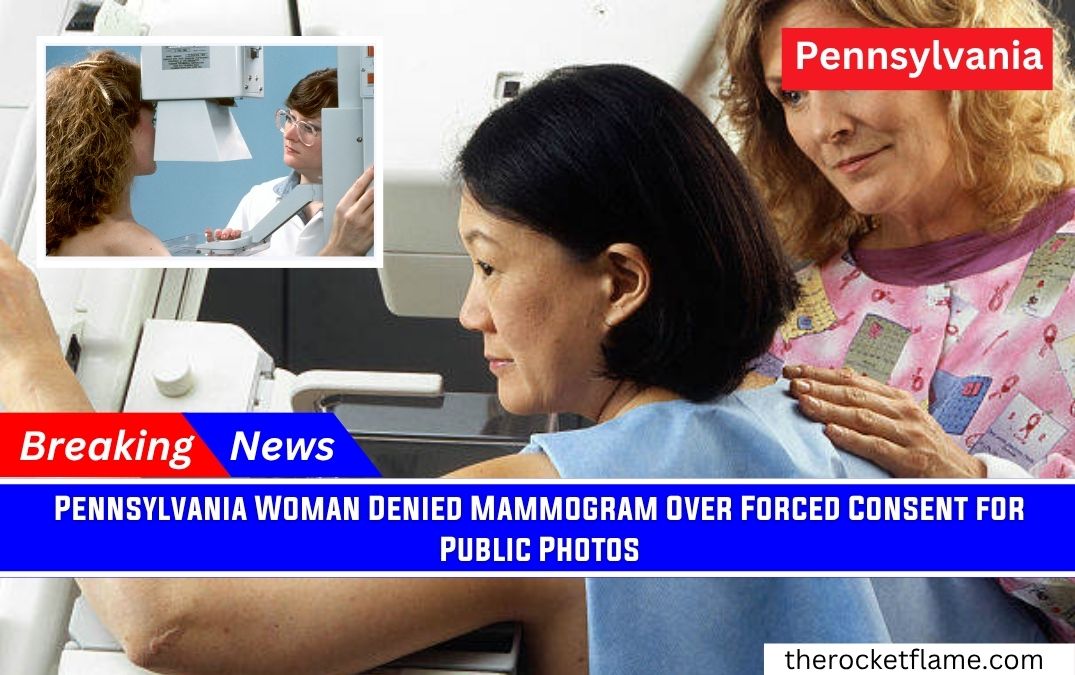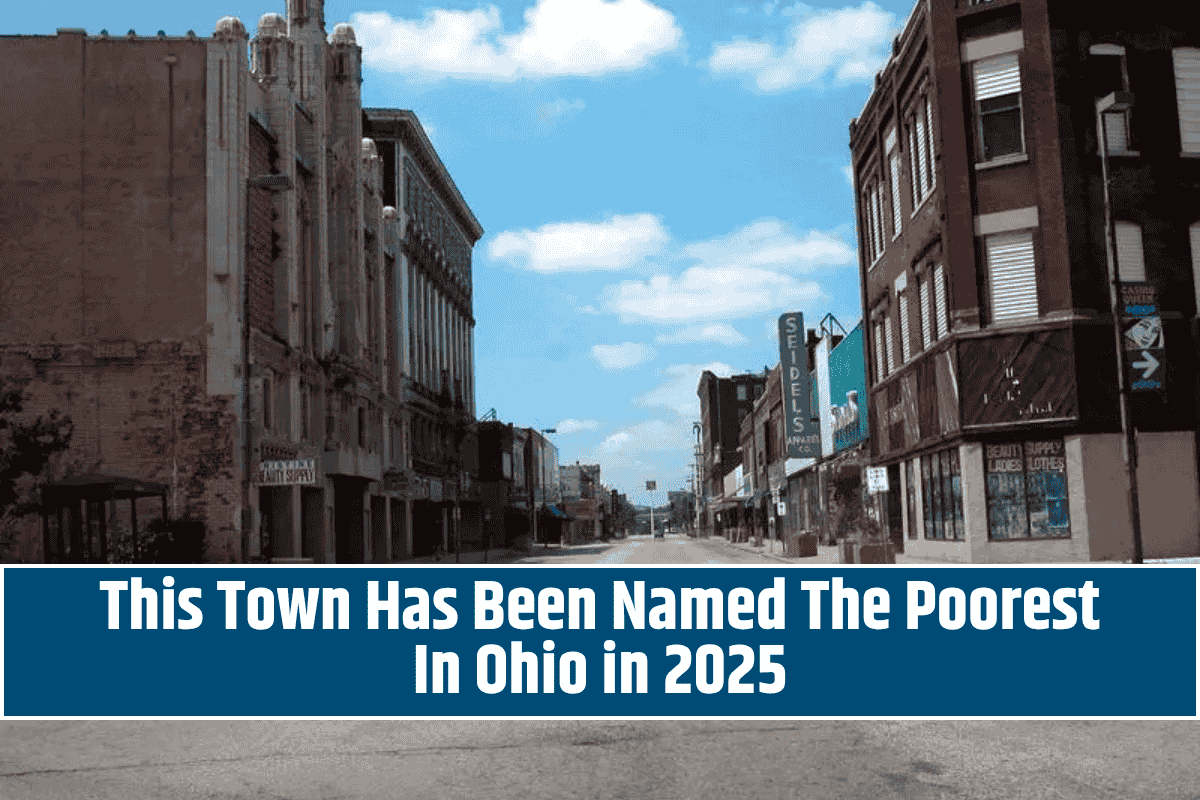A Pennsylvania woman was recently refused a routine mammogram unless she agreed to allow the medical facility to publicly use her photographs for media purposes.
This controversial requirement has raised concerns about patient privacy and ethics in healthcare.
What Happened
A woman scheduled for a mammogram at a Pennsylvania medical facility was asked to sign a consent form that included permission for the clinic to use photographs, videotaped images, or other visual media of her for unspecified “media publicity.” She agreed to the medical procedure but rejected this part of the form.
When she requested the removal of the media consent clause, the facility refused to provide the mammogram unless she signed the entire form as is.
After escalation to a supervisor and legal department review, the demand remained firm, denying her care without full agreement.
Key Details
- The woman shared her experience on Reddit’s r/legaladvice, questioning the legality and ethics of this demand.
- She was willing to sign all other parts of the consent but not the media publicity clause.
- The medical facility stated no edits to the form were allowed.
- Reddit commenters described the situation as “ethically questionable,” “coercive,” and unnecessary to fulfill the medical facility’s duty of care.
- Suggestions included filing complaints with insurance companies, ethics boards, or state representatives.
Reactions and Statements
Many online commenters expressed outrage over the forced consent, highlighting potential violations of patient privacy rights.
One user shared a similar experience, being forced to allow publicity of post-mastectomy reconstruction photos without an opt-out option, which they described as a violation.
Healthcare advocates stress that patients should never have to trade privacy rights for access to essential medical care.
The requirement for media consent, especially tied to critical screenings like mammograms, is widely viewed as unreasonable and coercive.
Investigation and What’s Next
- The woman’s case has sparked discussions about patient rights and medical consent laws in Pennsylvania.
- Legal experts suggest reviewing state health privacy regulations and consulting patient advocacy groups.
- Insurance companies may be contacted to file formal complaints.
- Possible escalation to ethics committees or state health departments could ensure such policies are reviewed or reversed.
FAQs
Q: Is it legal for medical facilities to require media consent for treatment?
A: Generally, no. Patient consent forms must comply with privacy laws, such as HIPAA, and cannot force publicity consent as a condition of care.
Q: What can patients do if they face similar demands?
A: Patients should refuse to sign unethical consent forms, contact their insurance provider, and report the incident to health authorities or patient advocacy groups.
Q: Does Pennsylvania have specific laws protecting patient privacy in medical imaging?
A: Yes, Pennsylvania follows HIPAA and state laws that protect medical privacy, forbidding disclosure without explicit, voluntary consent.
Q: Can patients request changes to consent forms?
A: Patients can request modifications, but medical facilities are not obligated to comply. However, unreasonable conditions may be legally challenged.
Summary / Final Takeaway
The refusal to provide a routine mammogram without forced consent for media publicity raises serious ethical and legal concerns about patient rights in Pennsylvania.
Healthcare providers must respect privacy without coercion. Patients facing such demands should seek legal advice, report abuses, and advocate for transparent, respectful medical care.












